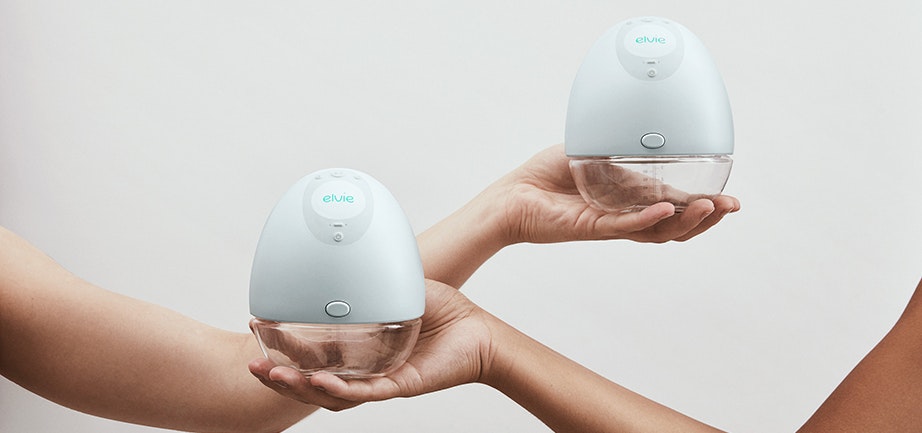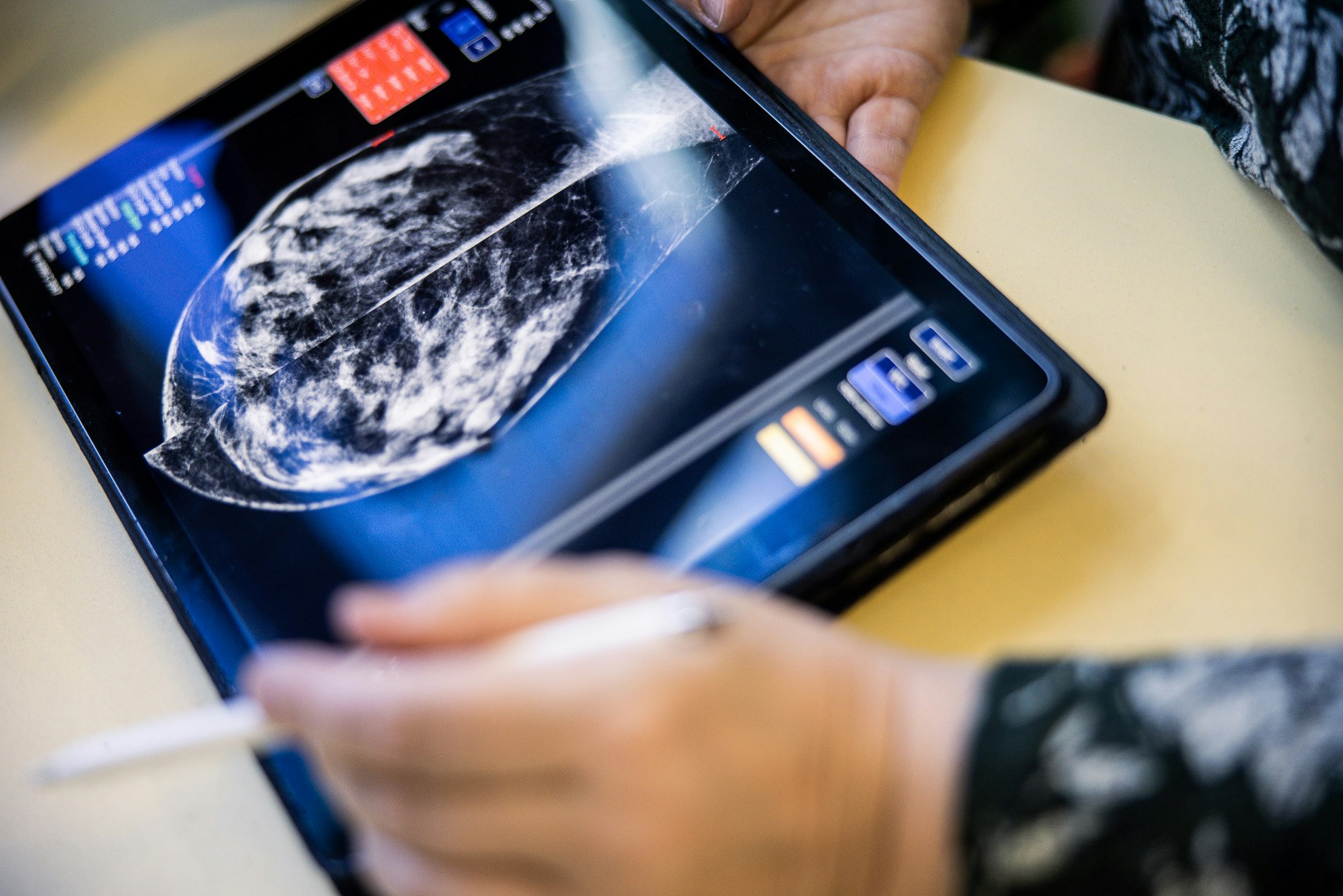UK medtech startup Phagenesis has raised a $42m Series D to roll out its medical device for swallowing disorders in the US and expand its footprint in Europe.
The round was co-led by Netherlands-based EQT Life Sciences and Canada-based Sectoral Asset Management. British Patient Capital, Northern Gritstone and Aphelion also participated.
The cash will also be used to fund clinical trials, regulatory approval processes and developing the company’s pipeline of products.
Treating swallowing disorders
Phagenesis was spun out of the University of Manchester in 2007, based on research carried out by the startup’s cofounder and COO Conor Mulrooney and university professor Shaheen Hamdy.
The company is developing a medical device used to treat dysphagia — a condition which describes difficulty with swallowing. It’s often caused by neurological injuries like strokes (over 50% of stroke patients suffer from dysphagia) or intensive care treatment where a patient’s feeding tube disrupts their swallowing reflex.
Untreated dysphagia can cause malnutrition and pneumonia, brought on by the build up of liquid in the lungs, as sufferers can struggle to stop saliva entering their windpipe, says CEO Reinhard Krickl.
Phagenesis uses a novel treatment — invented by the company — called pharyngeal electrical stimulation (PES), which involves stimulating the back of the throat using electrical currents via a catheter inserted through the nose.
The idea is that by stimulating the nerves at the back of the throat with electrical currents, the brain can be retrained to start up the body’s swallowing function. Patients tend to use Phagenesis’s treatment 10 minutes a day, for three to six days.
Traditionally patients suffering from the condition have had to work with a clinician to physically retrain their swallowing function. That can take weeks or months — which can lead to complications like malnutrition and pneumonia, says Krickl.
Randomised controlled studies (RCTs) have shown that Phagenesis’ treatment can reduce hospital stays by more than 10 days, according to Krickl — a big cost saving when every day in critical care sets healthcare providers back between £2-7k, he adds.
Taking on the US
The startup’s medical device is available for use in 100 hospitals, the “vast majority” of which are in the UK and DACH region, with “one or two” in the US, where Phagenesis gained FDA approval in 2022, says Krickl.
It’ll spend the bigger portion of its commercial efforts on expanding its footprint in the US over the next year, he adds. It’s targeting expansion into a “low double-digit number of hospitals” in the market by the end of 2024.
The startup has recently been granted NTAP (new technology add-on payment) status in the US — a certification given to devices considered to be the first of their kind, meaning they can be reimbursed by healthcare providers and insurers in the country for three years.
Over that time, Phagenesis will need to conduct more clinical studies — which can cost millions, according to Krickl — to prove its efficacy.
That’s just one element of the huge costs faced by healthtech startups heading Stateside. “The US functions differently in terms of costs of the sales force,” says Krickl. “Any commercial organisation is significantly more expensive in the US vs Europe.”
But it’s all worthwhile for the “carrot in front of us”, he adds.
The US healthcare market is the largest in the world and was estimated to be worth $4.5bn in 2022 — 15 times the value of the UK market. Its country-wide insurance reimbursement system also makes it far easier to navigate from a regulatory standpoint than Europe, which is fragmented country-by-country, Krickl says.
Phagenesis will look to double its current headcount of 20 by the end of the year.
The Medtech market
The post-covid boom was good to European medtech and 2021 saw companies in the sector pick up $4bn — more than twice as much as the previous record year, 2020.
While the economic downturn has taken some of the gloss off headline funding figures, medtech startups in 2023 still raised $2.1bn — more than any year before 2021 and roughly the same drop-off as European tech saw as a whole.
The biggest raises last year were from surgical robotics companies UK-based CMR Surgical and Switzerland-based DistalMotion, which picked up $165m and $150m, respectively.
But Phagenesis — which had raised $27.6m before this Series D, according to Dealroom, alongside another undisclosed sum from Nestlé Health Science — isn’t preparing for that kind of mega round.
Today’s $42m raise — plus a targeted $3m second closing a little further down the line — could be the last time the company goes out to fundraise and take it to break-even, says Krickl.
There’s also the possibility of being acquired by a larger healthcare provider or big pharmaceutical company in the future. “I’m in contact with strategics who have a clear interest in considering an M&A in the future,” Krickl tells Sifted.


